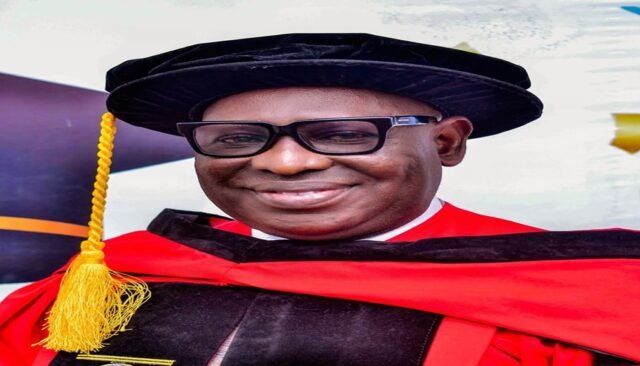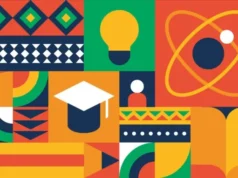A prominent educationist, Dr Joseph Otuagoma, has called on the Federal Government (FG) to honour its long-standing agreement with the Academic Staff Union of Universities (ASUU), warning that continued neglect of the pact threatens to plunge Nigeria’s university system into deeper crisis.
Speaking during an education policy dialogue in Lagos, Dr Otuagoma said the government’s repeated failure to implement the 2009 agreement has eroded trust between lecturers and the state, discouraged innovation, and undermined the morale of university teachers.
“Every time the government delays or dismisses the agreement, it widens the gap between policy promises and the reality in our classrooms,” he said. “The university is not just a workplace — it is the foundation of our national future.”
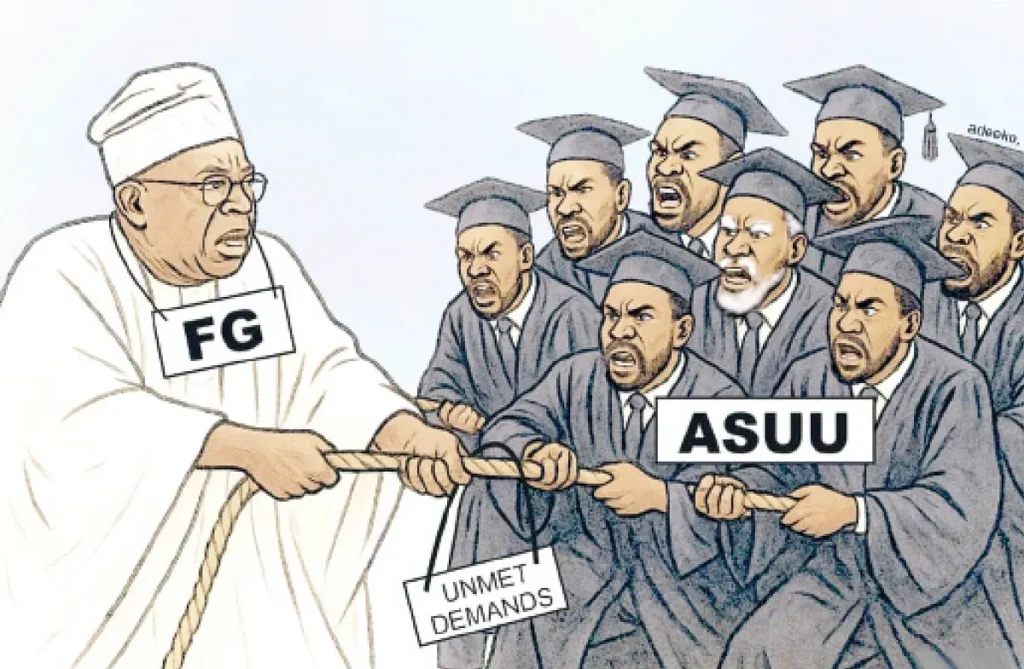
Table of Contents
A 16-Year-Old Promise Still Pending
The 2009 FGN-ASUU Agreement, which remains the last officially signed pact between both parties, was designed to revitalise Nigeria’s public universities through improved funding, staff welfare, infrastructure development, and academic autonomy.
However, 16 years later, much of the deal remains unfulfilled. Subsequent negotiations — including the 2013 MoU, the 2017 Memorandum of Action, and the 2022 Nimi Briggs proposal — have all failed to produce full implementation.
Dr Otuagoma noted that this repeated pattern of signing and shelving agreements has become a “cycle of broken promises.”
“The 2009 deal was not a favour to ASUU,” he explained. “It was an investment plan for our higher education system. When government defaults, students and the economy pay the price.”
For many observers, the government’s non-compliance has been one of the biggest triggers of the recurring ASUU strikes, which have paralysed academic calendars and left students stranded for months.
Universities across Nigeria have lost academic sessions, research projects have been abandoned, and thousands of students have sought education abroad — a situation that drains foreign exchange and undermines confidence in local institutions.
Consequences Beyond the Classroom
The economic and social impact of unfulfilled agreements extends beyond lecturers’ salaries. Nigeria’s higher education system, once a magnet for West African students, is now struggling with brain drain, dilapidated facilities, and low global rankings.
In an interview with The Nation, a senior lecturer at the University of Benin, who asked not to be named, described the situation as “disheartening.”
“We teach under leaking roofs, outdated labs, and with overcrowded classes,” he said. “How can we compete globally when our agreements for better funding are ignored year after year?”
The human cost is also rising. Students face prolonged graduation delays, parents spend more on accommodation and repeated fees, and lecturers often seek secondary income to survive.
According to data from the National Universities Commission (NUC), Nigeria has over 170 public and private universities, but the majority of public ones operate below UNESCO’s recommended funding benchmark for education.
Dr Otuagoma believes this chronic underfunding is symptomatic of a larger problem: a lack of political will to prioritise education. He emphasised that “when government fails to fund knowledge, it funds ignorance instead.”
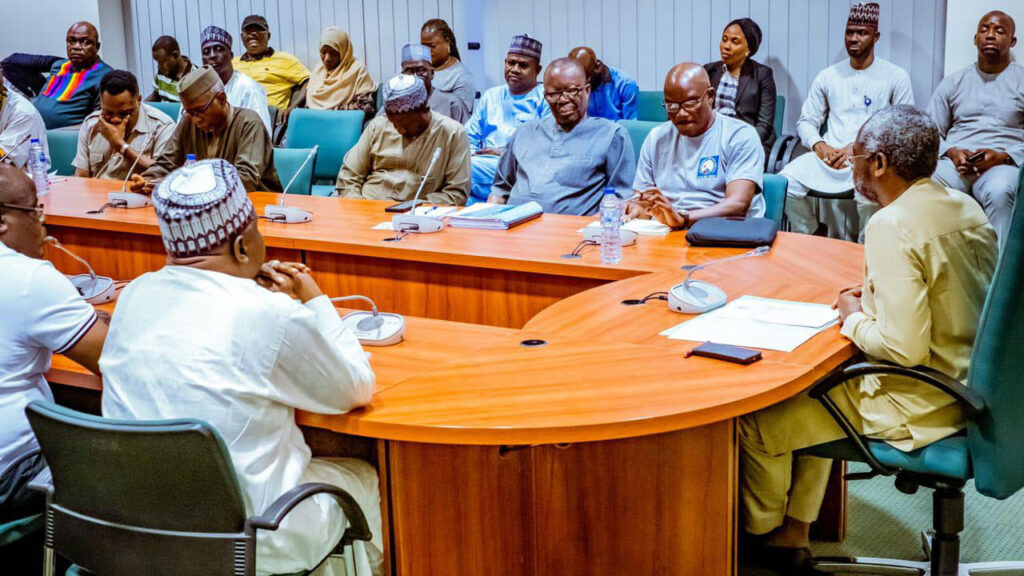
Restoring Trust Through Action, Not Talk
To break the cycle of strikes and unmet promises, Dr Otuagoma proposed a transparent implementation framework that would hold both ASUU and the government accountable to specific timelines.
First, he urged the Federal Ministry of Education to publish a yearly progress report showing how much of the 2009 agreement has been executed. Second, he recommended that future negotiations involve student representatives and civil society observers to ensure openness and public monitoring.
“This matter should not remain a closed-door conversation between ASUU and bureaucrats,” he said. “Education is a public trust — Nigerians have a right to know if the promises are being kept.”
ASUU’s national president, Prof Emmanuel Osodeke, has also maintained that the union is not opposed to reform, but demands genuine commitment from government. In a recent statement, he stressed that “universities cannot run on goodwill alone,” and that recurring industrial actions are the direct result of government inaction.
Meanwhile, the Federal Government, through the Minister of Education, recently reiterated its commitment to dialogue, describing the 2009 pact as “the last legally recognised agreement.” However, critics argue that such statements ring hollow without tangible steps to fund the agreed revitalisation projects or review lecturers’ salary structures.
Dr Otuagoma concluded his remarks with a caution:
“No nation develops beyond the quality of its teachers. If we keep treating agreements as optional, we are signing away the future of our young people.”
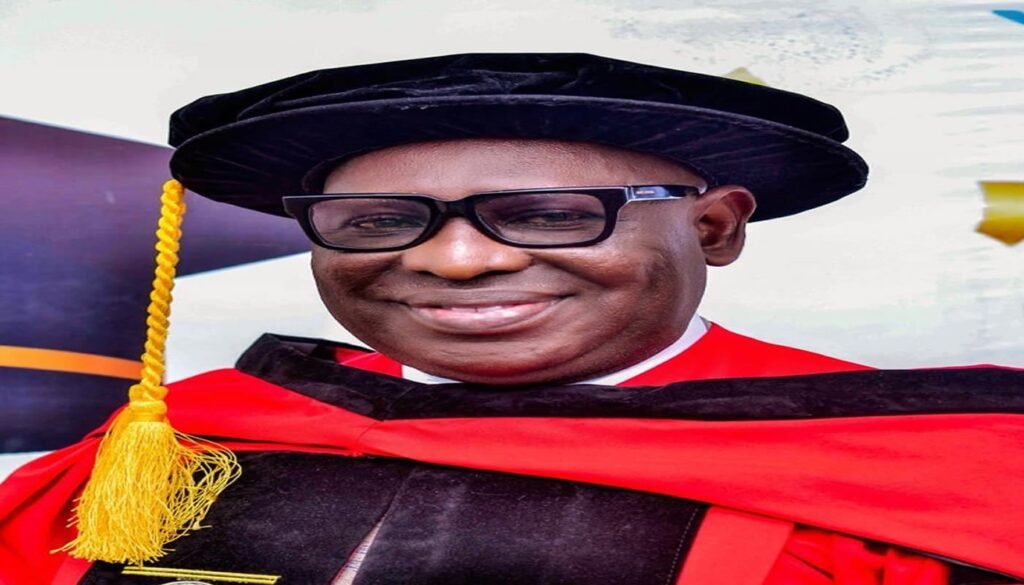
The Road Ahead
As the conversation continues, education stakeholders agree that honouring the ASUU-FG agreement would send a powerful signal that Nigeria is serious about rebuilding its intellectual base and stabilising its tertiary education system.
It is not just a labour issue — it is a national development imperative. Without consistency and trust, reforms in education will remain paper promises.
The time for token dialogues is over. The Federal Government must turn signatures into action and restore faith in Nigeria’s university system — for students waiting in uncertainty, for lecturers struggling to stay motivated, and for a nation that cannot afford another lost generation.
Join Our Social Media Channels:
WhatsApp: NaijaEyes
Facebook: NaijaEyes
Twitter: NaijaEyes
Instagram: NaijaEyes
TikTok: NaijaEyes
READ THE LATEST EDUCATION NEWS


